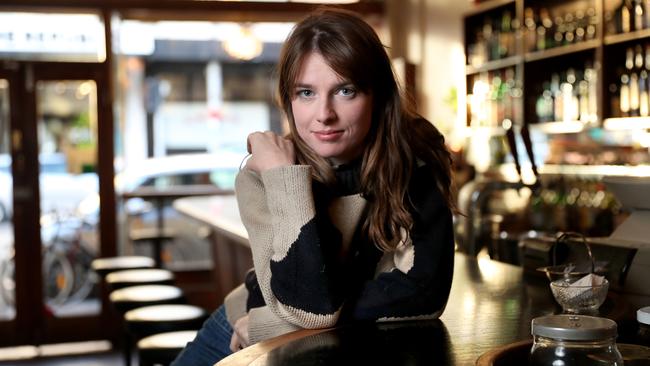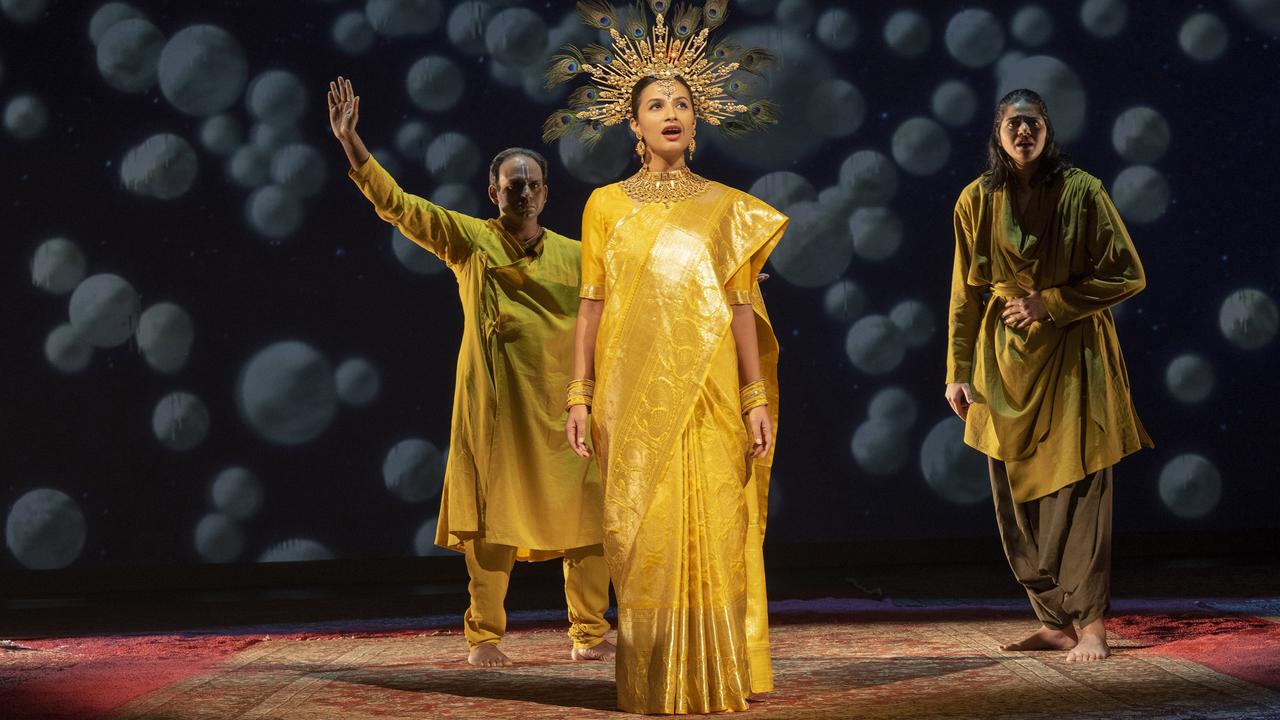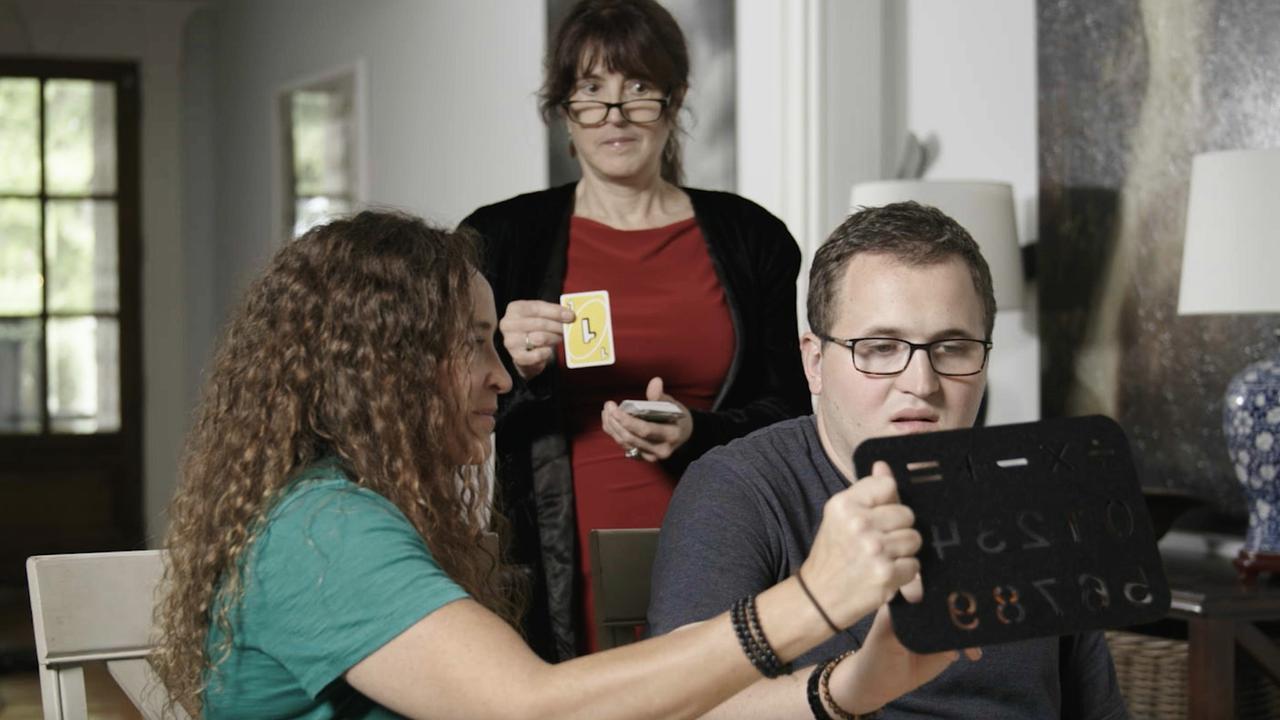Slow burner
Angie McMahon’s standout song is astunning slow burner she wrote as an addendum to a conversation.

Today in Review I write about Melbourne singer-songwriter Angie McMahon, whose debut album, Salt, is released next week. A standout song from this set is named And I am a Woman, a stunning slow burner that she wrote as an addendum to a conversation mentioned in its opening lines: “The other night I explained as we drove along / That I don’t like the man who sings this song / I have heard him referring to girls as if they are a game …” Its powerful chorus consists of just two lines: “And you are in my home now / And I am a woman.”
Of its origin, McMahon told me, “It came out of a long discussion about gender equality, in which I felt I was really trying to keep my cool to express how I felt about experiences that I’ve had — and that I know other people have had — particularly in gig spaces, and feeling safe in public.
“It was just being misunderstood, or the intensity of it wasn’t really being understood by the person I was trying to communicate that to. I was trying to be calm so that I didn’t sound like a crazy woman yelling her head off — and then I got home, having exerted all of that emotional labour in discussing the experience of being unsafe, and I just needed to write this song. I needed to make it really obvious, to express the hurt that comes with those things, as well.
“I remember feeling like it was really important to me to finish the song,” she says. “I had the chorus, but then I couldn’t write the rest of it, so I ended up drawing a mind map, putting the chorus in the centre and drawing all of these branches off of it, then writing paragraphs, filling pages: what does this mean to me? I realised that it was this huge concept of equality and frustration with experiences, and being misunderstood. I wasn’t ever going to get all of that into one song — but it was nice to have a real purpose behind writing it. It’s important to hear art like that, and it’s also important for me to make art like that.
“It’s my favourite one to sing, and it does feel the most important,” McMahon continues. “Sometimes I find it hard to perform as well, because if you feel you have a particularly rowdy crowd or the energy is more ‘party’, I feel a seriousness behind the song that makes me want to retreat and not play it — particularly when I’ve had gigs where I’ve felt overwhelmed by the masculinity that was backstage, and I almost didn’t play the song. But actually those are the most important times to play this song, because it’s what I want to engage in, and what I’ve been working on. It’s kind of an angry song but it’s also really liberating, and hopefully it brings satisfaction to other people, too.”



